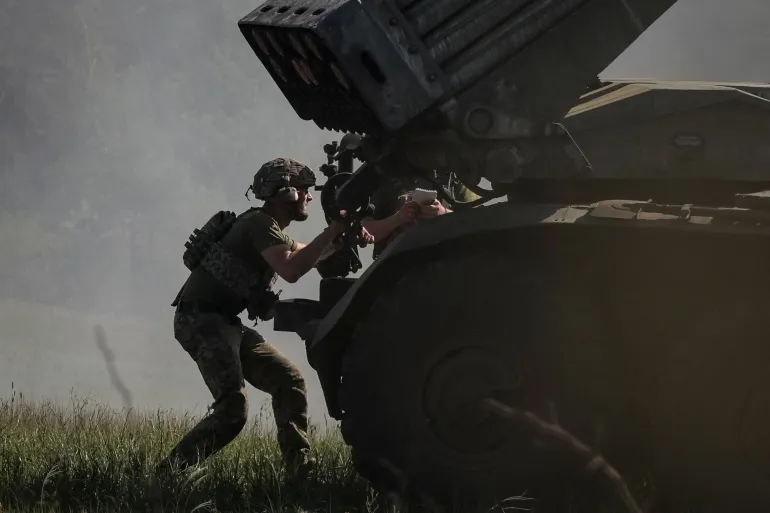October 7, 2025, marks two years since Hamas launched a deadly attack on Israel — a day that reshaped the Middle East and plunged the Gaza Strip into one of the region’s longest and most devastating wars.
Across Israel, memorials and commemorations were held to honor the victims of the 2023 assault that killed more than 1,200 people and triggered an all-out conflict. Families gathered in southern towns near the Gaza border, lighting candles and laying flowers at newly built memorial sites.
“Two years have passed, yet the pain is fresh,” said one survivor during a televised ceremony. “But our hope remains — that peace, somehow, will be found.”
Ceasefire Talks in Egypt
As Israel mourned, negotiators met in Cairo for renewed ceasefire talks between Israel and Hamas. The discussions — mediated by Egypt, Qatar, and the United States — are anchored in a U.S.-backed 20-point peace proposal unveiled by President Donald Trump in late September.
The plan outlines a gradual cessation of hostilities, the release of hostages, demilitarization of militant factions, and a framework for transitional governance in Gaza. It also envisions a large-scale reconstruction initiative funded by international partners.
While Hamas has shown limited openness to parts of the plan, including humanitarian aid corridors and prisoner exchanges, the group continues to reject full disarmament — a sticking point that has repeatedly derailed progress. Israeli officials, meanwhile, insist that any truce must ensure the permanent dismantling of Hamas’s military capabilities.
A Region Exhausted by War
Diplomatic momentum has built around Cairo’s mediation efforts, with Washington and Doha pushing for a sustained ceasefire that could allow aid deliveries and lay the groundwork for political dialogue. Yet on the ground, airstrikes and artillery exchanges continue to devastate Gaza’s densely populated neighborhoods.
According to humanitarian agencies, more than 67,000 Palestinians have been killed since the conflict began, and hundreds of thousands more displaced. Infrastructure has collapsed across much of the enclave, leaving hospitals without power, water systems broken, and food supplies critically low.
International aid convoys have faced repeated delays due to border restrictions and security concerns, while medical charities warn that Gaza’s health system is “on the brink of total failure.”
Global Calls for Restraint
Global leaders have urged restraint and a renewed commitment to diplomacy. The European Union, United Nations, and African Union have all expressed cautious support for the U.S. peace plan, though several governments have criticized what they call its “imbalanced security demands.”
In Tel Aviv, protests have erupted over the government’s handling of hostage negotiations and the humanitarian toll of the war. In Gaza, civilians continue to plead for a ceasefire, saying they have endured two years of relentless violence with no end in sight.
Searching for a Path Forward
Analysts say that while the Trump proposal marks the most structured peace framework since 2024, implementation will depend on trust — something both sides have lost after years of bloodshed.
“Neither side can claim victory,” said a regional diplomat familiar with the talks. “What’s left is exhaustion — and perhaps in that exhaustion lies the smallest chance for peace.”
As the war enters its third year, the people of Gaza and Israel remain caught between remembrance and survival, hoping that this latest round of diplomacy might finally break the cycle of vengeance and despair.
